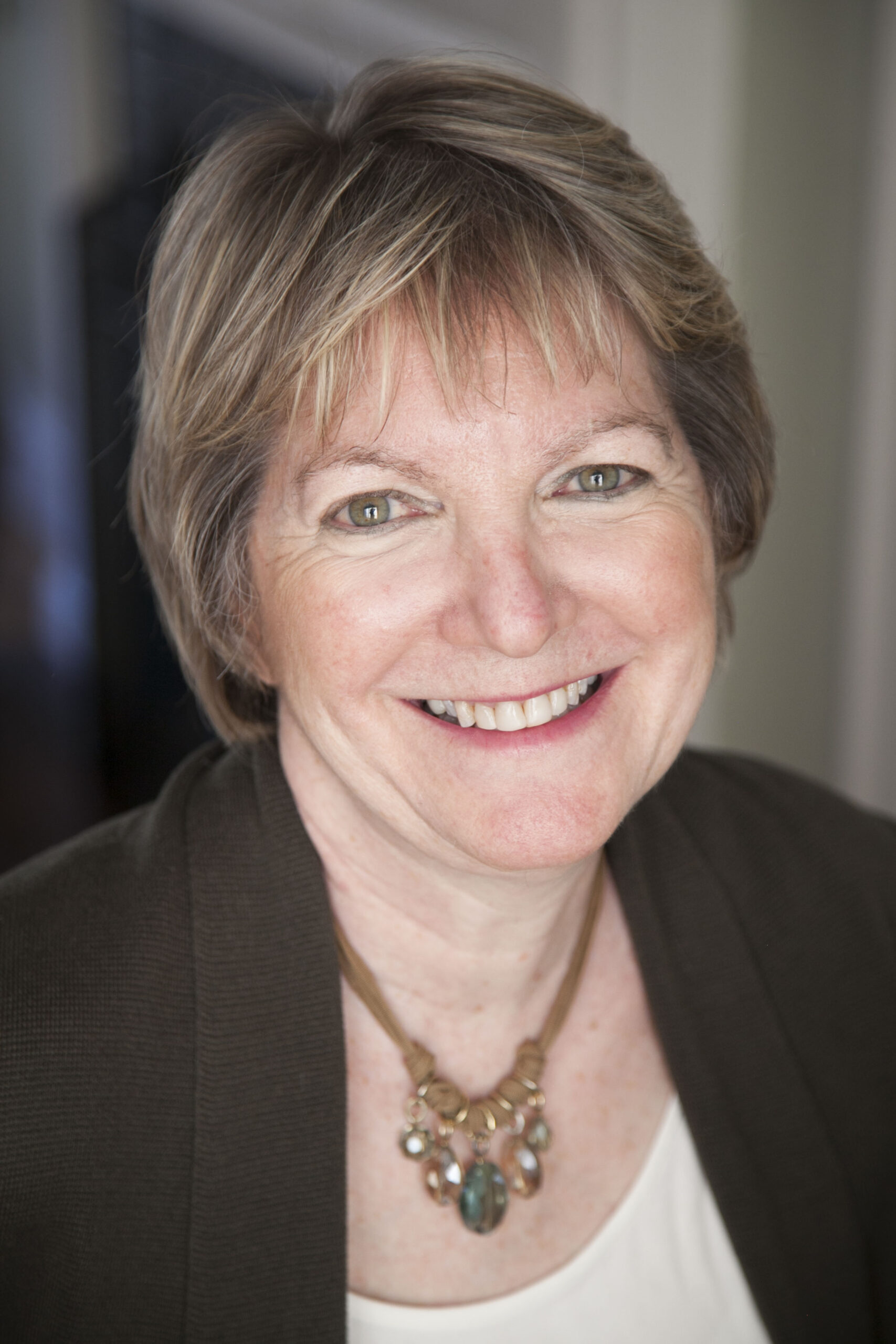It’s hard to keep up with the young ’uns and their new trends … and new words, too. You think you’ve got your finger on the pulse, and something unexpected surprises you.
Here’s what surprised me recently: There is a new trend called “Hurkle Durkle.” Hurkle Durkle is the practice of staying in bed beyond when your schedule calls you because your mood is dark. Its origin is Scottish and it has gone viral, with TikTok shining a light on this popular trend.
Hurkle Durkle sounds a bit like “Humpty Dumpty.” In both cases, there is the feeling of someone needing to put themselves back together again after a fall. This is not surprising because much has been written about the anxiety and depression that plague our times, and in particular, our youth.
A 2024 survey assessing world happiness was recently published. Finland, Denmark and Iceland are the world’s happiest countries. The United States has fallen out of the top 20. Who’s dragging America’s score down? Our youth.
According to The Wall Street Journal, “Self-reported happiness has decreased in all age groups, but especially for young adults. Americans 30 years and younger ranked 62nd globally.”
Many studies have probed the sources of anxiety, which loosely comes down to the following:
—Financial anxiety: Gen-Z feels substantial anxiety around major life steps such as finding a job with long-term financial stability, buying a house and other adult-like commitments.
—The state of the world: The world is perceived as more dangerous, and the weather more extreme. In addition to that, there is the existential threat posed by artificial intelligence, and just 44 percent of Gen Zers say they feel prepared for the future. They are conscious of and overwhelmed by their emotions.
—Loneliness: With fears abounding, one would hope that the solace of good friends might help, but alas, this appears not to be the case. A LinkedIn study reports that more than 73 percent of Gen-Z feel lonely.
As a Boomer, this is hard to grasp since I see hyperconnectivity in the virtual world. Maybe I’m not missing out by lacking the hyper-virtual connectivity of the younger generations. Then there is the worrying statistic that social isolation comes with a higher risk of early death.
It makes me want to Hurkle Durkle. For every statistic, though, there is another one to take refuge in.
Researchers have found that optimists have a 35 percent lower chance of getting heart disease. Since the sample size was 200,000 participants over 15 studies, the data must be good.
So, what is the good news about Gen Z? Amid all their uncertainty, they are managing to save more. Having seen their parents and siblings struggle financially, this group is more prone to plan for their financial future. They often have multiple money streams and have diversified how they earn wealth. The “gig” economy is them.
Here is some more good news. Despite lacking substantial disposable income, Gen Z is very charitable to causes they deem necessary. Research reveals that Gen Z made an average of 5.3 donations in 2022, compared to 4.8 made by millennials and 4.7 by Generation X. They are also more willing to give their time. Americorp reports that 20 percent of Gen Zers volunteer in a formal capacity.
Finally, Gen Z is bringing an open and fresh mind to their work and education trajectory. My parents ran a grocery store and wanted nothing more than for their kids to go to college and become professionals. We did as they wished.
A combination of financial opportunities that may not materialize with a college degree, high debt and campus unrest have dulled the shine of a college education.
Interestingly, the most significant rise in college attendance is in community colleges.
Opening their minds to other possibilities, Gen Z is becoming the “tool belt” generation. Trade professions and vocational training are getting a facelift. Technology is doing its part, too. Newly emerging robotics and the prevalence of artificial intelligence have changed the landscape. So has the desire not to be debt-ridden by tuition bills.
Is this good news? I argue yes. Many are opting for an alternative path and feel hopeful about their future. They can imagine buying a home. Their choice feels healthier to them. They are not bound by the expectations of their parents’ generation.
The Hurkle Durkle trend may be short-lived, replaced by purpose, passion and a future they can believe in.


